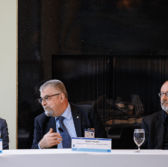The top government contracts won by Advanced Research Projects Agency–Energy (ARPA–E) give emerging enterprises sufficient investment to develop innovative technologies for the United States’ energy needs. The agency handles a range of programs and contracts, triumphing in unique methods to generate, store, and use energy.
7 Top Government Contracts Won by Advanced Research Projects Agency–Energy (ARPA–E)
Listed below are the noteworthy projects finalized by ARPA–E in 2023.
ARPA–E Announces $100 Million Funding for “Seeding Critical Advances for Leading Energy Technologies with Untapped Potential Program” (SCALEUP)
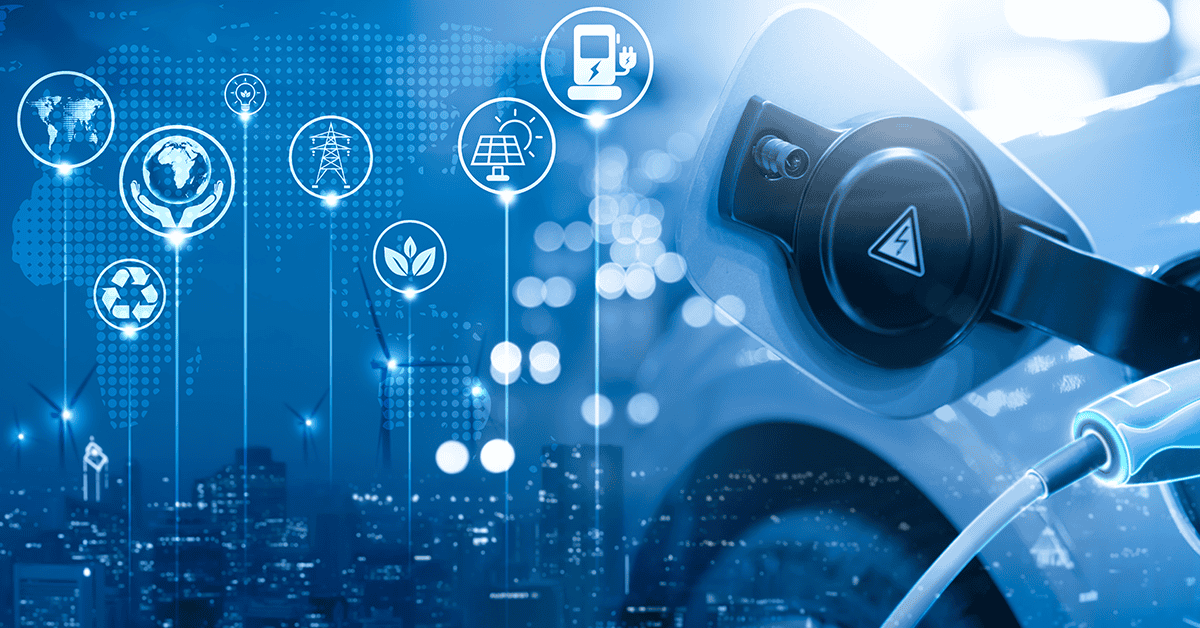
- Funding value: $100 million
- Award date: June 8, 2023
Advanced Research Projects Agency–Energy reports a $100 million funding for various projects under the “Seeding Critical Advances for Leading Energy Technologies with Untapped Potential” (SCALEUP). SCALEUP aims to fund the research and development efforts of small businesses, companies, and industry leaders in discovering potential disruptive energy solutions.
ARPA–E’s SCALEUP program, awarded on June 8, 2023, is its third commercialization effort. The project adheres to the objective of supporting transformational energy technologies manufacturing in accordance with the federal government’s long-term goal of net-zero emissions economy-wide and a clean energy future for the American people by 2050.
In 2019, SCALEUP’s first iteration was finalized for projects aimed at enhancing the reliability and resiliency of the electric grid. Outlined performances for SCALEUP 2019 involve utilizing new energy sources and improving existing generation methods, such as:
- Domestic Manufacturing of Sodium-Ion Batteries, with a contract value of $19.8 million from Natron Energy
- Next-Generation Lithium Metal Anode Cells for Electric Aviation worth $12 million from 24M Technologies
- Scale-up Technology for Accelerated Adoption of High-Capacity Silicon Anodes in Mass Market Electric Vehicles, costing $10 million, from Sila Nanotechnologies
After two years, SCALEUP 2021 tasked various project teams to support the production of hybrid electric aircraft, including a range of magnetic components, charging equipment, geomechanical storage, and other relevant tools. Program awardees include work elements for:
- Carbon Sequestration and Climate Resiliency Via Super Wood, amounting to $20 million, from InventWood
- Pilot Production for Commercial Sampling of Rare-Earth-Free Iron Nitride Permanent Magnets, worth $17.5 million, from Niron Magnetics
- Passively Controlled Floating Wind Platforms for Low-Cost Energy, valued at $17.5 million, from Kent Houston Offshore Engineering
Meanwhile, SCALEUP 2023 plans to award projects targeting the commercialization support of the energy market. ARPA–E leaders and executives discussed the importance of scaling and commercializing engineering technologies at the 2023 ARPA-E Energy Innovation Summit. The third installation helps businesses secure sufficient cost and performance at a commercial scale.
ARPA–E Revolutionizes Energy Infrastructure Through “Unlocking Lasting Transformative Resiliency Advances by Faster Actuation of Power Semiconductor Technologies” (ULTRAFAST)

- Funding value: $48 million
- Award date: February 24, 2023
Advanced Research Projects Agency–Energy supports the development of power electronics under the $48 million funding for the “Unlocking Lasting Transformative Resiliency Advances by Faster Actuation of Power Semiconductor Technologies” (ULTRAFAST). The program aims to modernize the nation’s energy infrastructure and improve its extreme weather resilience.
Successful project teams covered by ULTRAFAST are tasked to perform the following duties:
- Manufacture semiconductors to enable faster triggers of higher current and voltage levels
- Leverage existing technologies to improve immunity against electromagnetic interference
- Develop technologies related to complementary sensing, packaging, and thermal management
ULTRAFAST addresses numerous challenges faced by the United States, particularly in consistent electric supply and grid operations. Unforeseen outages and other damages cost the nation’s economy more than $150 billion annually. The program assures more effective grid power discharge, even in far-reaching areas, and resolves disruptions if they ever arise.
ARPA–E Allocates a Funding Opportunity Worth $45 Million for the “Sensing Exports of Anthropogenic Carbon Through Ocean Observation” (SEA-CO2)

- Funding value: $45 million
- Award date: February 16, 2023
“Sensing Exports of Anthropogenic Carbon Through Ocean Observation” (SEA-CO2), organized by Advanced Research Projects Agency–Energy, sets a funding opportunity worth $45 million to promote the marine carbon dioxide removal (mCDR) initiative. The program is developed as a potential key component to achieve the net-zero goals of the United States.
SEA-CO2 plans to accelerate the ocean’s carbon capture process through scalable Measurement, Reporting, and Validation (MRV) technologies. By developing these mCDR techniques, ARPA–E targets to limit global warming to below 2°C by 2100 and prevent irreversible damage to climate, extreme weather events, and the environment.
Work elements for the SEA-CO2 program involve the creation of data-focused tools and model-based marine carbon accounting frameworks, such as:
- Marine carbon sensor technologies with greater spatial and temporal scale capabilities to survey the mCDR effects on the ocean carbon fluxes and reduce carbon credit quality uncertainties
- Regional-scale ocean carbon transport and storage models measuring the impact of additional carbon cycles through mCDR techniques across selected regions
ARPA–E Awarded 12 Projects Under the $42 Million Funding for the “Electric Vehicles for American Low-Carbon Living” (EVs4ALL)
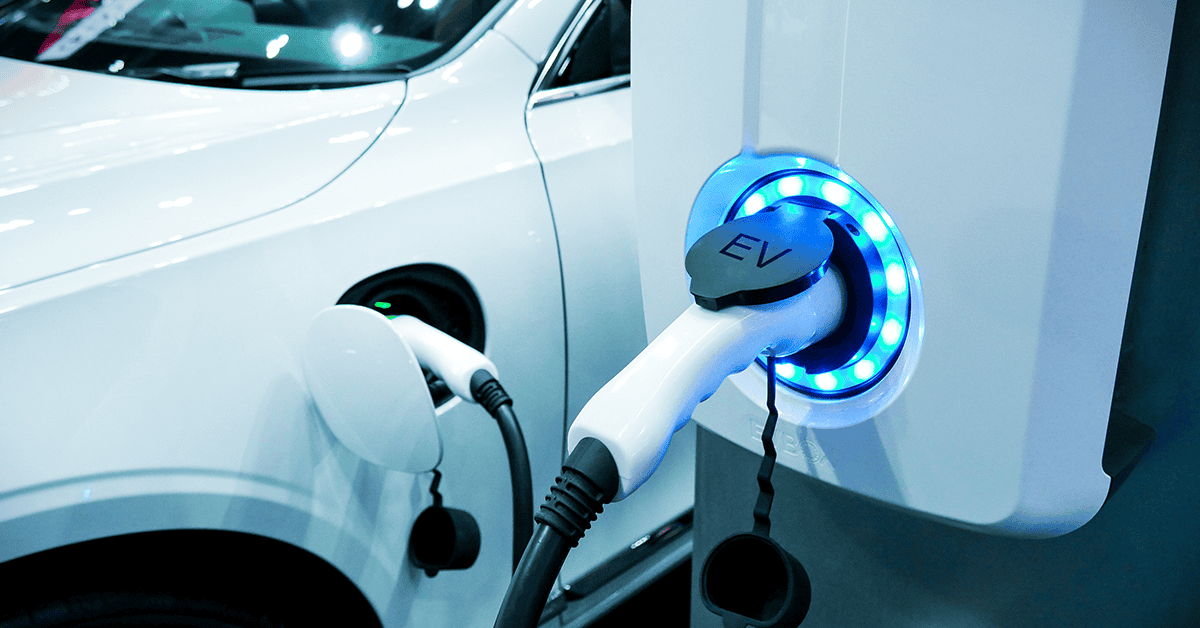
- Funding value: $42 million
- Award date: January 10, 2023
Aiming to strengthen the domestic supply chain of advanced electric vehicle batteries, Advanced Research Projects Agency–Energy awarded 12 projects for “Electric Vehicles for American Low-Carbon Living” (EVs4ALL). The project intends to decarbonize the transportation sector by increasing the production of zero-emission electric vehicles and components.
More than a quarter of the greenhouse gas emissions produced in the United States come from the transportation sector—57% of which are generated from road-based passenger vehicles. In total, the nation produces over a billion tons of CO2 annually from cars, sport utility vehicles, minivans, pick-up trucks, and other forms of road-based transportation vessels.
The projects awarded under EVs4ALL are tasked to address key technology barriers and develop next-generation EV battery solutions. Responsible teams for the projects comprise personnel from different universities, laboratories, and enterprises, which include these leading awardees:
- The Ohio State University (Columbus, OH) is awarded $3.9 million in funding to scale a high-power battery technology prototype capable of rapid charging and tolerating degradation.
- Sandia National Laboratories (Albuquerque, NM) develops a framework for early-stage evaluation of advanced batteries and cells under the $3.7 million funding.
- Solid Power Operating (Thornton, CO) creates a 3D-structured anode and cathode to enable fast-charging EV battery cells through an award funding worth $5.6 million.
- University of Maryland (College Park, MD) secures $4.9 million in funding to boost the charge capabilities, density, and temperature window of solid-state lithium metal batteries.
- Zeta Energy (Houston, TX) is given funding under a $4 million award for the creation of an accessible and rechargeable anode with a high Li content.
ARPA–E Allocates $40 Million in Funding for the “Cooling Operations Optimized for Leaps in Energy, Reliability, and Carbon Hyperefficiency for Information Processing Systems” (COOLERCHIPS)

- Funding value: $40 million
- Award date: May 9, 2023
Advanced Research Projects Agency–Energy announces $40 million worth of funding for the 15 projects awarded under the “Cooling Operations Optimized for Leaps in Energy, Reliability, and Carbon Hyperefficiency for Information Processing Systems” (COOLERCHIPS). The project winners are assigned to develop energy-efficient cooling solutions for data centers.
Although data centers are an unassuming infrastructure, up to 40% of the nation’s total electricity consumption comes from data center energy cooling systems. Meanwhile, energy consumption from house computers, storage systems, and computing networks accounts for only 2%. Similarly, the program is a crucial initiative for the net-zero carbon goal of the United States.
COOLERCHIPS’s program awardees are tasked with reducing the total energy cooling consumption by 5% compared to the existing data centers in the U.S. Overall, the program prioritizes lowering the CO2 footprint of data center operations in the work performances of these top awardees:
- Flexnode (Bethesda, MD) secures $3.5 million in funding for the development of prefabricated modular data centers with system-level technology advancements.
- HP (Corvallis, OR) creates liquid cooling systems to reduce thermal interface materials and package thermal resistance under the $3.3 million award.
- Nvidia (Santa Clara, CA) is tasked to create a modular data center equipped with a multi-aspect innovative cooling system through the $5 million award.
- University of California, Davis (Davis, CA) is allocated $3.6 million in funding for a broad scope of thermal management solutions and their incorporation in modular data centers.
- University of Maryland (College Park, MD) finalizes a $3.5 million award for the innovation of an integrated decision support software tool for future data centers.
ARPA–E Secures $40 Million in Funding for the “Grid Overhaul with Proactive, High-speed Undergrounding for Reliability, Resilience, and Security (GOPHURRS)
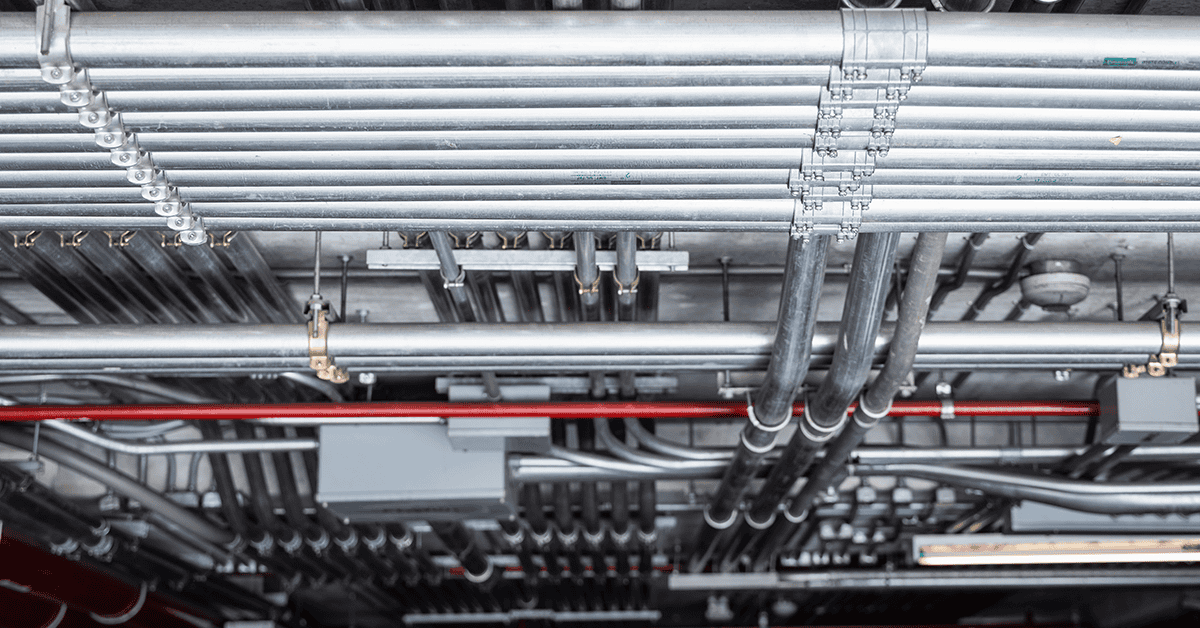
- Funding value: $40 million
- Award date: March 30, 2023
“Grid Overhaul with Proactive, High-speed Undergrounding for Reliability, Resilience, and Security” (GOPHURRS) allocates $40 million in funding to design a new program supporting the development of undergrounding technologies of electric power lines in urban and suburban areas. The initiative centers around modernizing and expanding America’s power infrastructure.
GOPHURRS outlines the construction of a more resilient electric grid, focusing on automation, damage prevention, and error elimination. The modernization of power lines materializes the delivery of clean, homegrown energy to families and businesses. Specific work performances for the program include:
- Installation of underground conduits with minimal disturbances to the surface using maneuverable construction tools
- Development of steerable drilling tools equipped with sensors that can identify other buried utilities and other obstacles
- Automation of cable splicing systems to guarantee an error-free installation of cable joints
ARPA–E Announces $35 Million in Funding for the “Revolutionizing Ore to Steel to Impact Emissions” (ROSIE)
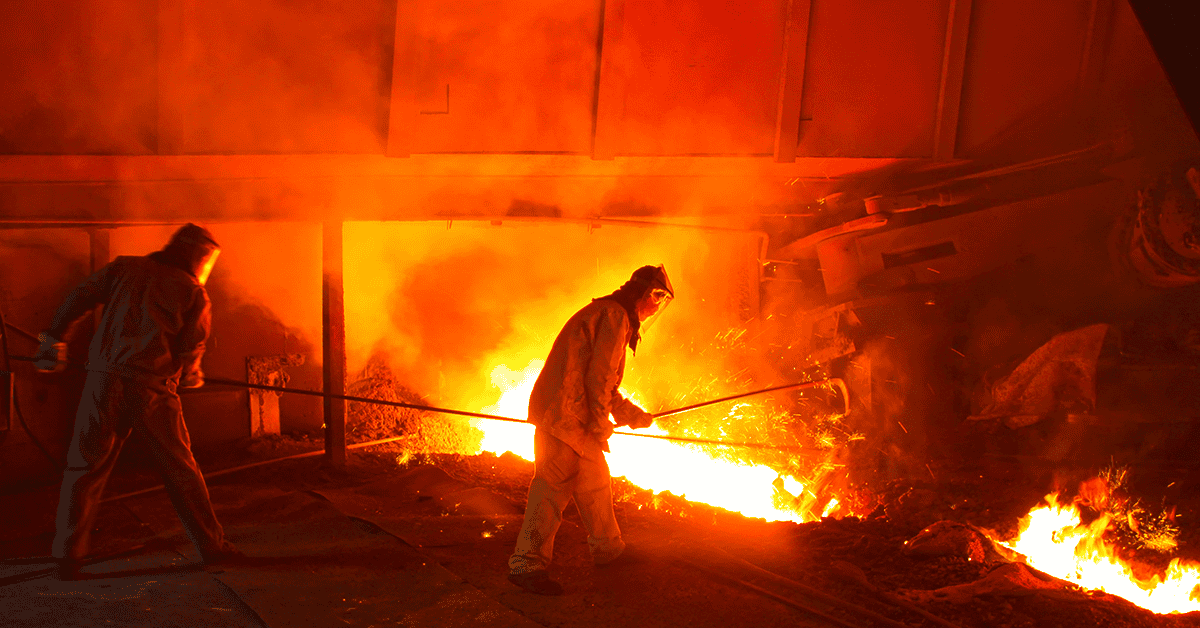
- Funding value: $35 million
- Award date: June 22, 2023
Photo by junrong from Shutterstock.com
Advanced Research Projects Agency–Energy finalizes “Revolutionizing Ore to Steel to Impact Emissions” (ROSIE) with the target of decarbonizing the domestic production of iron and steel. Under the $35 million award, program awardees support zero-process emission ironmaking and ultra-low life cycle emission steelmaking, including the entirety of steel production to supply chain logistics.
ROSIE funds the development and demonstration of technologies related to the production of iron-based assets, iron-ore-containing products, and other commodities. Successful program awardees are tasked to achieve these potential milestones, such as:
- Bridging the cost parity of current iron and steel products
- Ensuring zero GHG, particularly in the ironmaking process
- Producing ultra-low lifecycle GHG emissions for various iron and steel products
- Confirming consistency of material properties with relevant current commercial products
- Certifying the scalability of products and processes
The iron and steel industry in the United States accounts for approximately 7% of global greenhouse gas emissions. One of the primary goals of the ROSIE program is to reduce the nation’s CO2 emissions by 1%, amounting to more than 65 metric tons in the iron and steel industry. On a global scale, the program aims to reduce GHG produced by the industry by 5.5% from the predicted 40% by 2050.
About Advanced Research Projects Agency–Energy

Advanced Research Projects Agency–Energy (ARPA–E) is an organization under the Department of Energy with a mandate of investing in high-potential emerging technologies in the private energy sector. ARPA–E intends to secure energy needs throughout the nation and provide cleaner energy alternatives in pursuit of a carbon-free future by 2050.
Get updated with the latest stories about ARPA–E right here.




